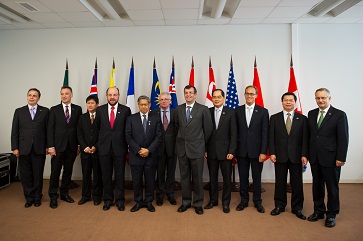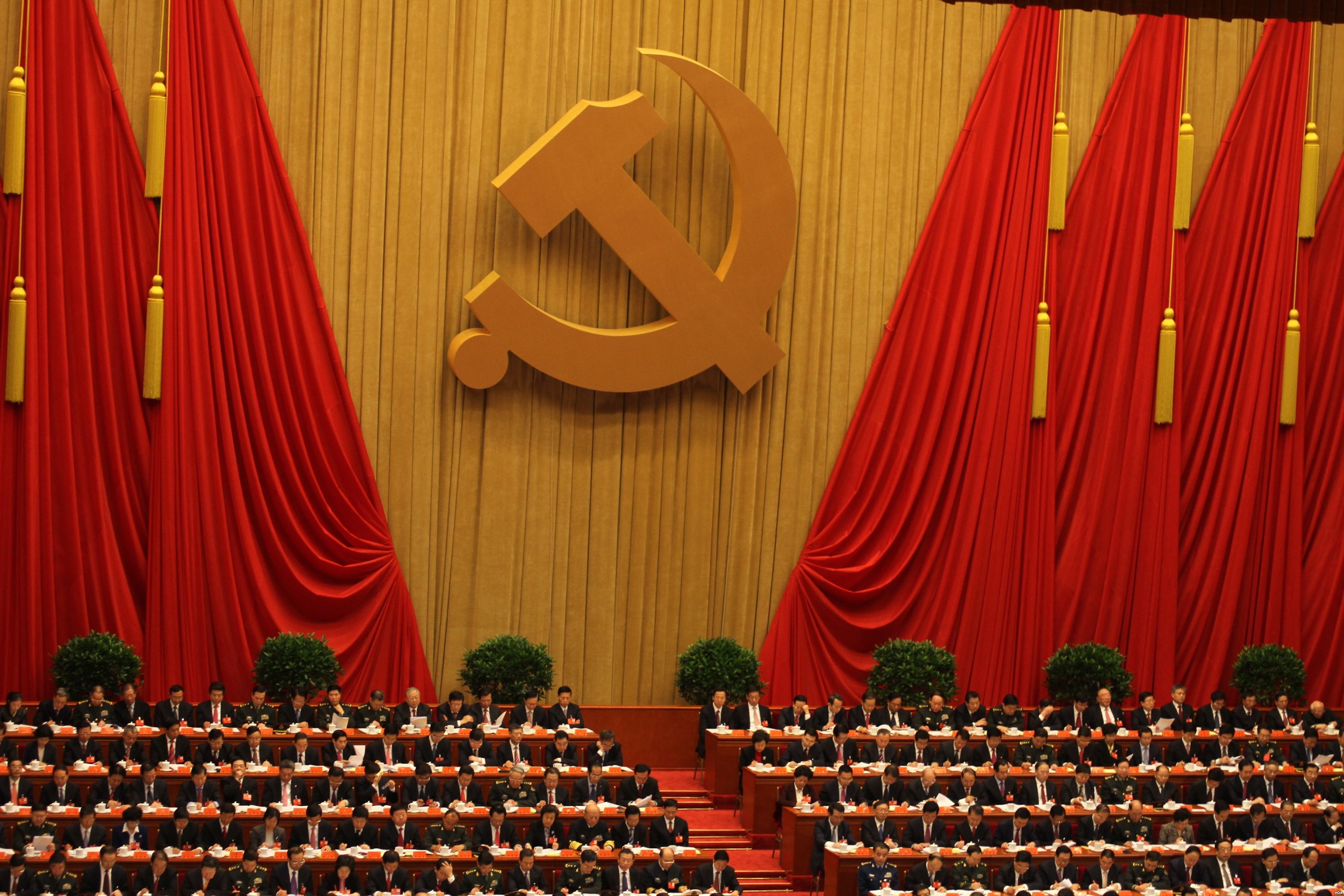Nigeria’s National Bureau of Statistics will soon release the results of a rebasing exercise examining the nation’s Gross Domestic Product (GDP). Nigeria’s GDP is currently calculated by using 1990 as the last base year, while the international average is every five years. In 2010, Ghana changed its base year from 1993 to 2006, and as a result the economy jumped by 60 percent, upgrading from a low-income to lower-middle-income country. Economists are predicting that Nigeria’s new GDP figure could experience an increase of anywhere between 20 and 60 percent, the majority estimating high at 50-60 percent with Renaissance Capital’s chief global economist Charles Robertson estimating a 53 percent increase. Significant changes have occurred in the Nigerian economy over the last twenty years with the addition of entire new industries like telecoms and the burgeoning “Nollywood” film and entertainment sector. However, Robertson notes that to the average Nigerian on the street, the rebasing will mean very little, with 100 million of the 170 million Nigerians living on a dollar or a less per day.
So what’s all the fuss and excitement about the rebasing in investment circles? The rebasing will significantly enhance Nigeria’s investment profile as a serious growth economy. This is evidenced in Nigeria’s inclusion in the latest geo-economic acronym coined by economist Jim O’Neill. Entitled the MINTs, it identifies Mexico, Indonesia, Nigeria, and Turkey as the next top emerging markets. O’Neill famously coined the BRIC acronym in 2000. The outcome of investor interest resulted in Nigeria becoming the top Foreign Direct Investment(FDI) destination in Africa in 2011, a position it held for two years before South Africa took top place again in 2013.
Nigerians, although improving, will still be far from having South Africa’s developed infrastructure and industrial economy along with one of the most advanced financial systems in the world.
One area that might affect the average Nigerian is an improvement in debt ratios making Nigeria one of the least leveraged nations in the entire world. This could lead to increased government spending in areas such as infrastructure, healthcare and education,but don’t bet on it. Transparency International ranks Nigeria at a dismal 144 out of 177 nations surveyed in the group’s 2013 Corruption Perception Index. The oil industry is one of the most glaring examples. While oil and gas account for 90 percent of export earnings and 80 percent of government revenue, 2009- 2011 saw a staggering 11 billion USD of crude illegally siphoned off.

The rebasing has a further possible implication. It is likely that the new data will show Nigeria to be the largest economy in Africa, usurping long time continental giant and leader South Africa. With a potential GDP of 432 billion USD, Nigeria’s economy will be significantly larger than South Africa’s 370.3 billion economy. Certain data indicators have suggested that Nigeria would eventually outstrip South Africa. With a population of 170 million compared to South Africa’s 52 million, Nigeria is the continent’s largest telecom market with 121.8 million active mobile lines to South Africa’s 40 million. Nigeria has 56 million internet subscribers as of Sept. 2013 to South Africa’s 11 million. 2012 saw Nigeria overtake South Africa to become sub-Saharan Africa’s largest cement market— all of this on the back of an economy that expanded on average 7 percent a year for the last decade versus an average of 3 percent for South Africa.
Despite its new economic clout, Nigeria’s per capita GDP will only stand at an estimated 2,400 USD to South Africa’s 6,800 USD. In addition, South Africa will remain extremely influential in the economies of many African nations, including Nigeria. South African based companies like beverage producer SABMiller, retail and fast-food group Shoprite, as well as telecoms giant MTN, all have significant holdings in Nigeria. South Africa leads the world in FDI in Africa, with more invested than any other country. Nigerians, although improving, will still be far from having South Africa’s developed infrastructure and industrial economy along with one of the most advanced financial systems in the world. Even though South Africa’s economy is smaller than Mexico or Indonesia, its stock market, the JSE, is larger. At the end of 2012 its market capitalization stood at 929 billion USD compared to Lagos’s 55 billion USD.
While size clearly isn’t everything, the switch from South Africa to Nigeria as Africa’s top economy will have major geopolitical implications. GDP is a powerful political tool with many important global governance institutions like the G8 and G20 that base membership on GDP credentials. South Africa’s invitation to the G20 and the BRICS political grouping was based not just on having an African voice at the table, but on the grounds of the scale of its economy. How will South Africa’s position within these groupings be affected by Nigeria’s rise as Nigeria becomes more assertive in its leadership role on the continent? The economic rise of Nigeria and the foreign relations between South Africa and Nigeria will be felt throughout Africa over the coming years. This will be an important space for governments and investors alike to consider.





